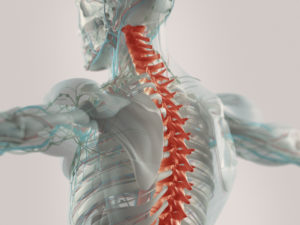Over the last several years, the media has drawn a lot of attention to an important psychological condition that has had an overwhelming impact on the men and women who have served our country in the Middle East: Post-Traumatic Stress Disorder, or PTSD. A significant number of U.S. soldiers returning from combat zones have been diagnosed with this complex, and difficult to treat mental disorder. The emphasis on the strong link between PTSD and military service sometimes overshadows the fact that PTSD is a condition that anyone who has experienced—or even witnessed—a traumatic event may suffer.
In the wake of the Aurora shooting in August, CNN ran an article discussing PTSD that is a useful read for any of us who might be in the role of comforting or supporting a victim of trauma. Perhaps you or someone you know has been in a car accident, or suffered an act of personal violence, or had the unfortunate experience of being attacked by a dog. Every victim of a traumatic experience naturally suffers through a period of emotional suffering. But some victims who experience these types of traumatic events develop PTSD. As professionals, family members, friends and neighbors, it is important to understand the impact PTSD may have on someone and that help is available.
While not everyone who experiences tragedy develops PTSD, there are three key types of symptoms that may indicate PTSD is at play. First, are the presence of intrusive memories–images, flashbacks, nightmares—about the traumatic event that can cause psychological distress and even physical symptoms. Second, individuals suffering from PTSD exhibit emotional numbing and avoidance of anything in their daily lives that reminds them of the trauma. Third, individuals who suffer from PTSD have “hyperarousal symptoms”, such as difficulty sleeping, sudden anger, irritability, concentration issues, hypervigilance, and exaggerated startle response.
For those of us who are supporting a loved one who experienced a traumatic event, awareness of these symptoms and early detection can mean earlier intervention, professional help and a better chance at recovery.
About the Editors: The Shapiro, Lewis & Appleton personal injury law firm, whose attorneys work out of offices in Virginia (VA) and North Carolina (NC), edits the injury law blogs Virginia Beach Injuryboard, Norfolk Injuryboard, Eastern Shore Injuryboard, and Northeast North Carolina Injuryboard as a pro bono service.










Comments for this article are closed.